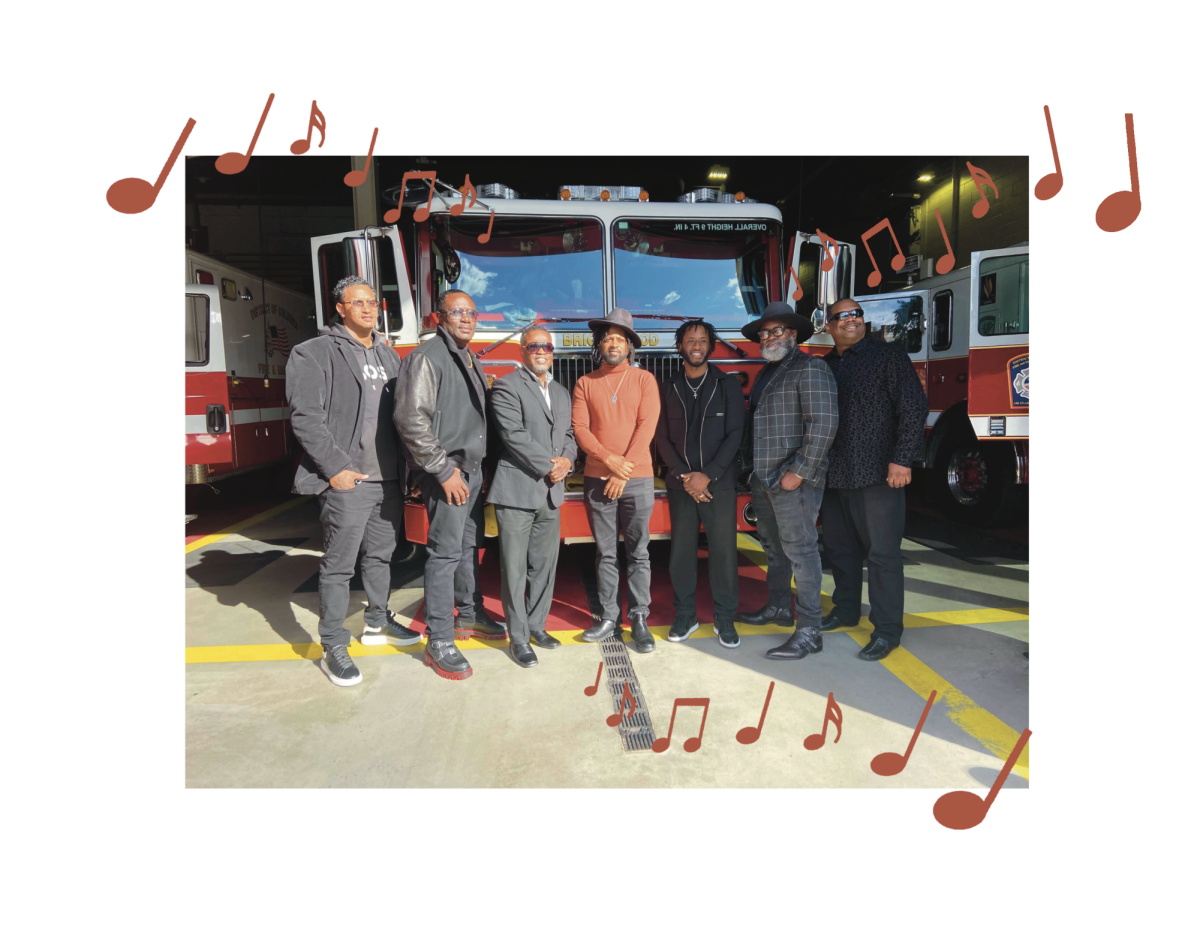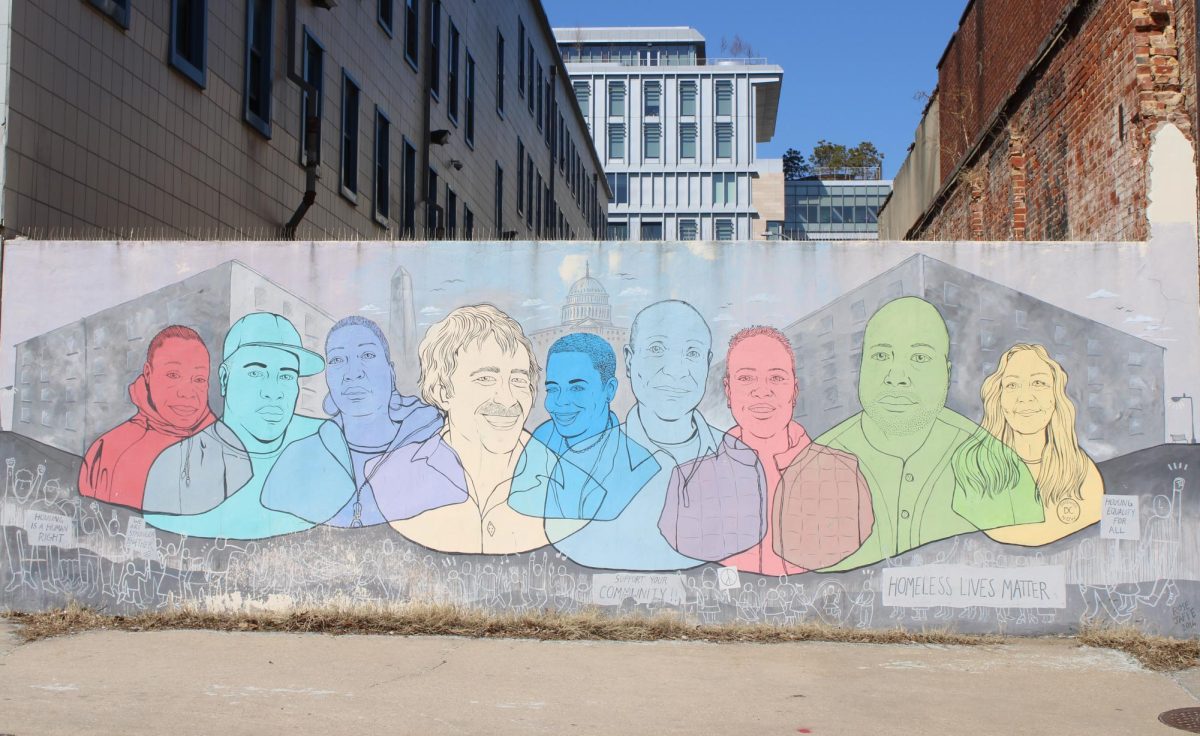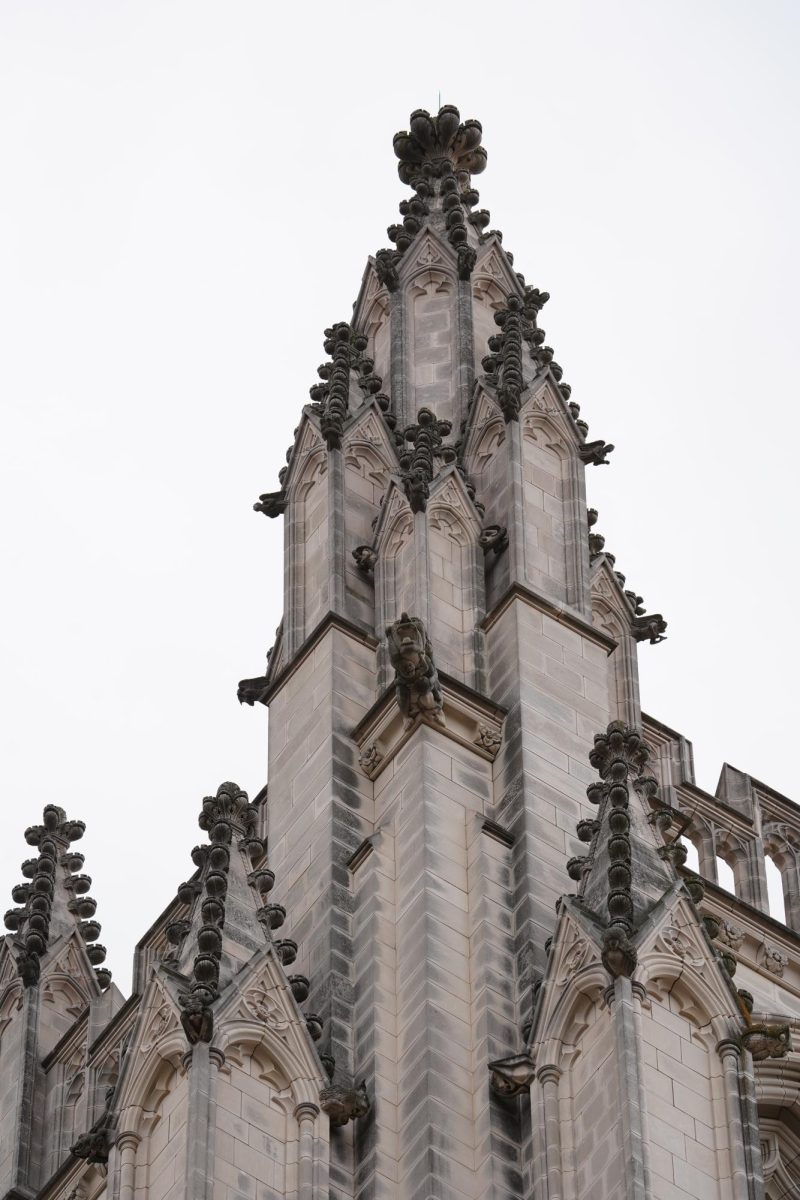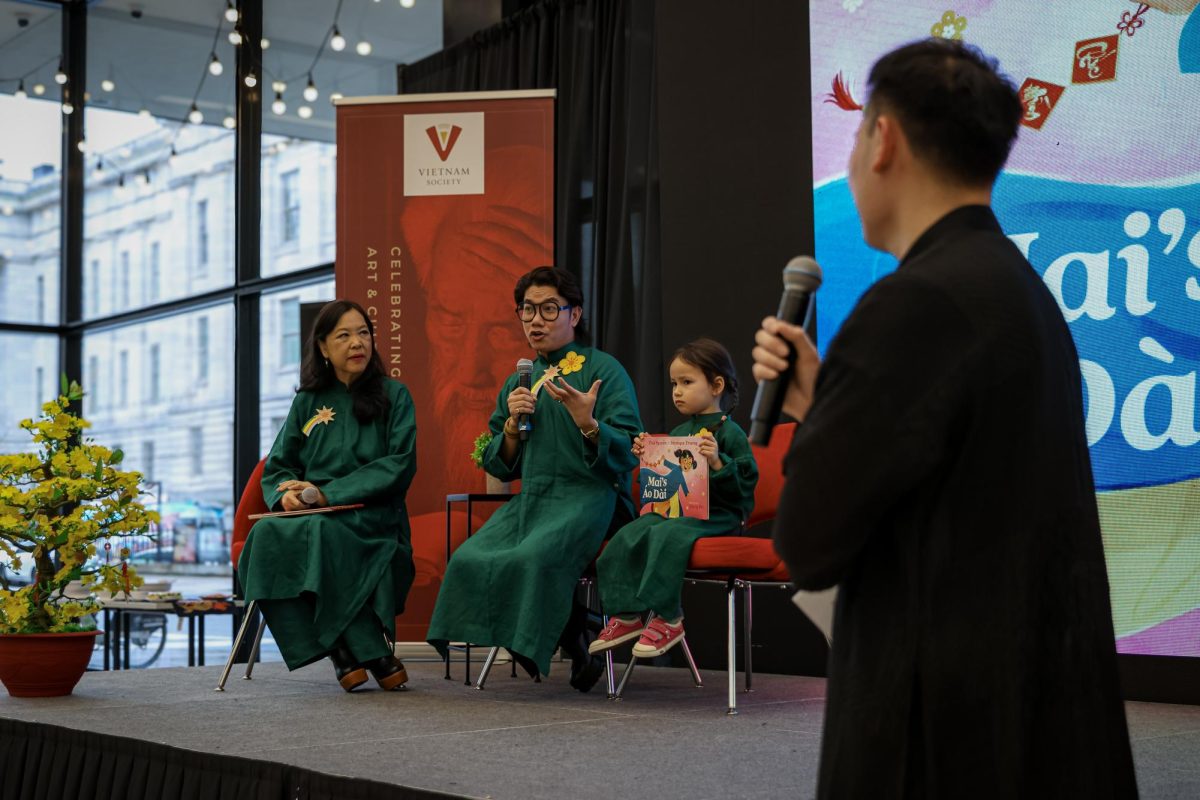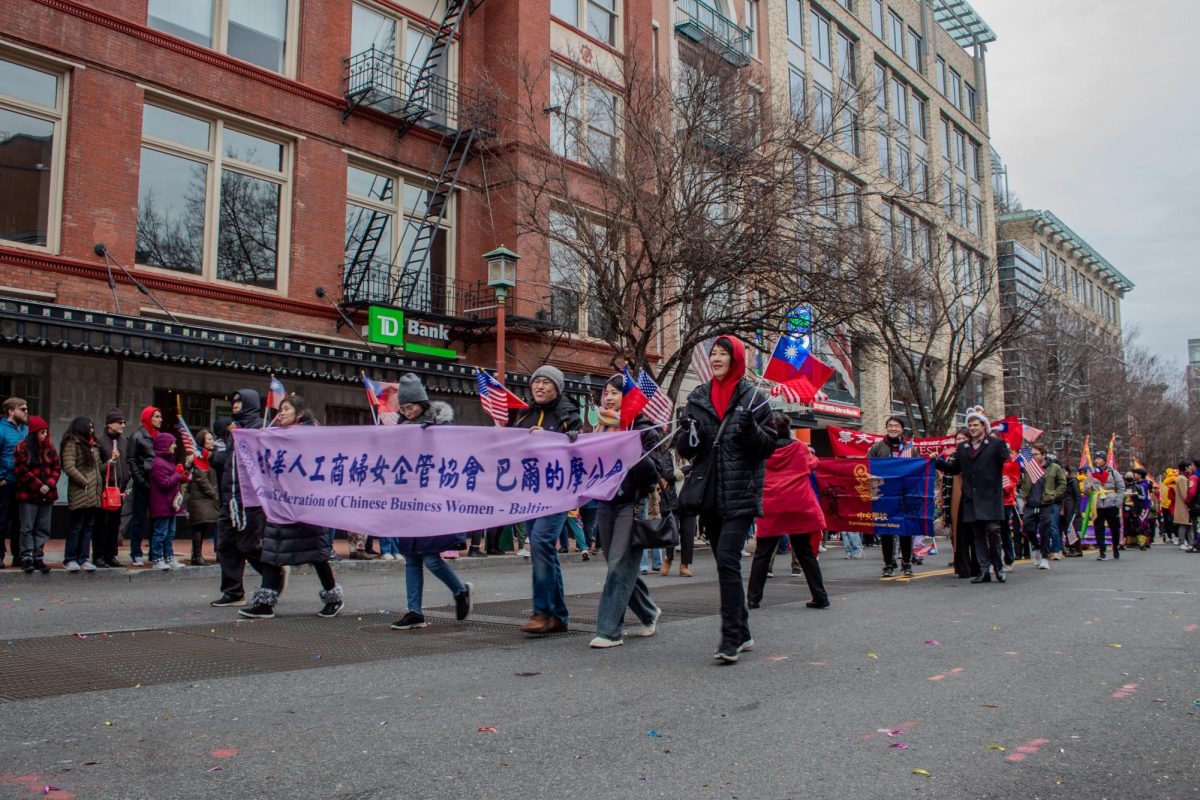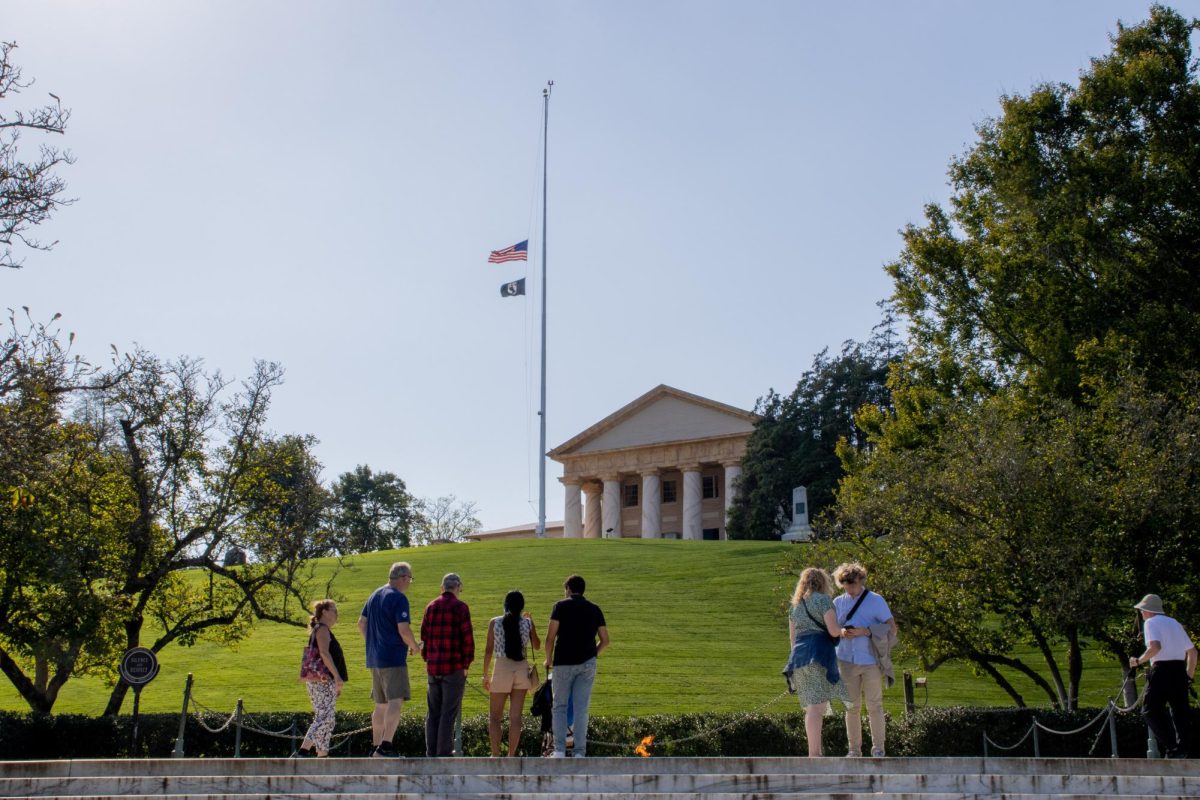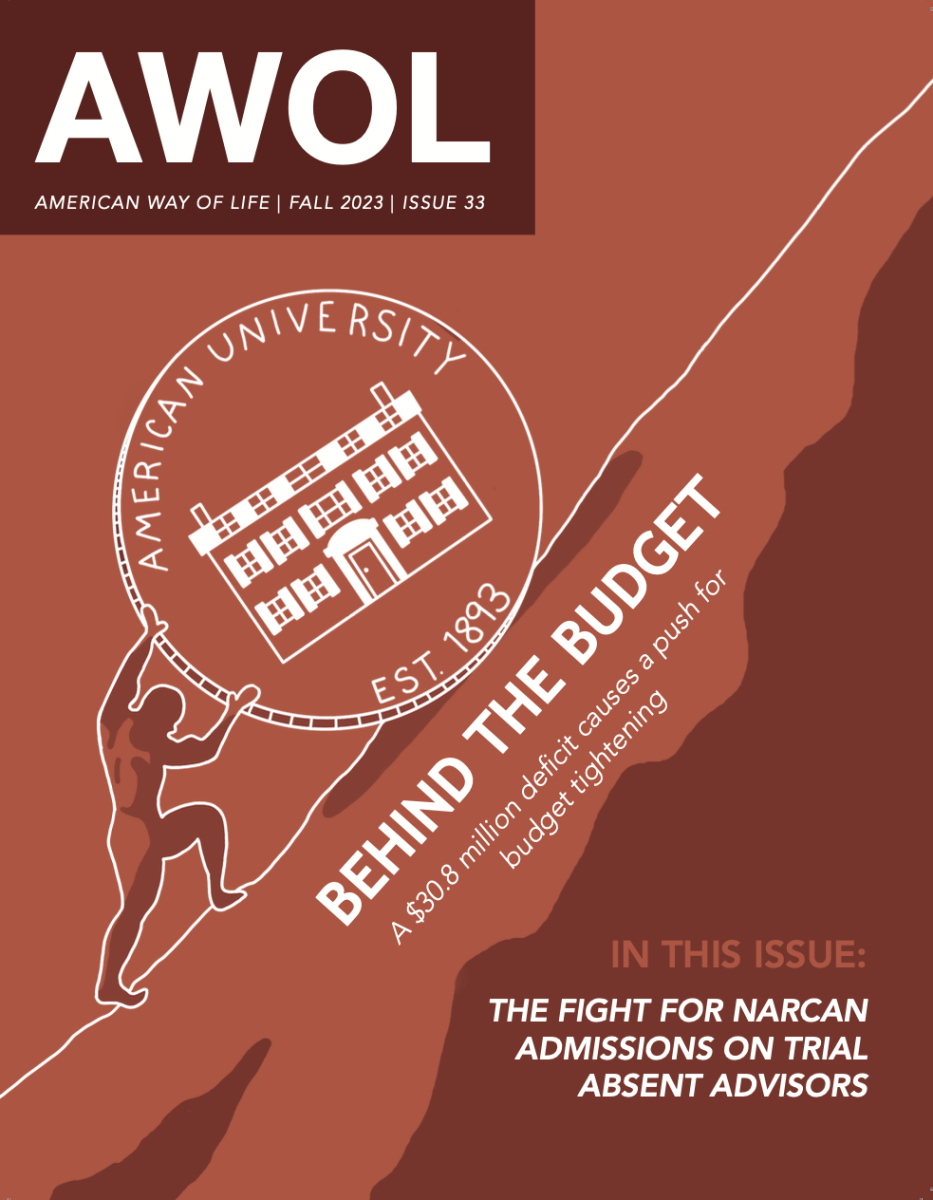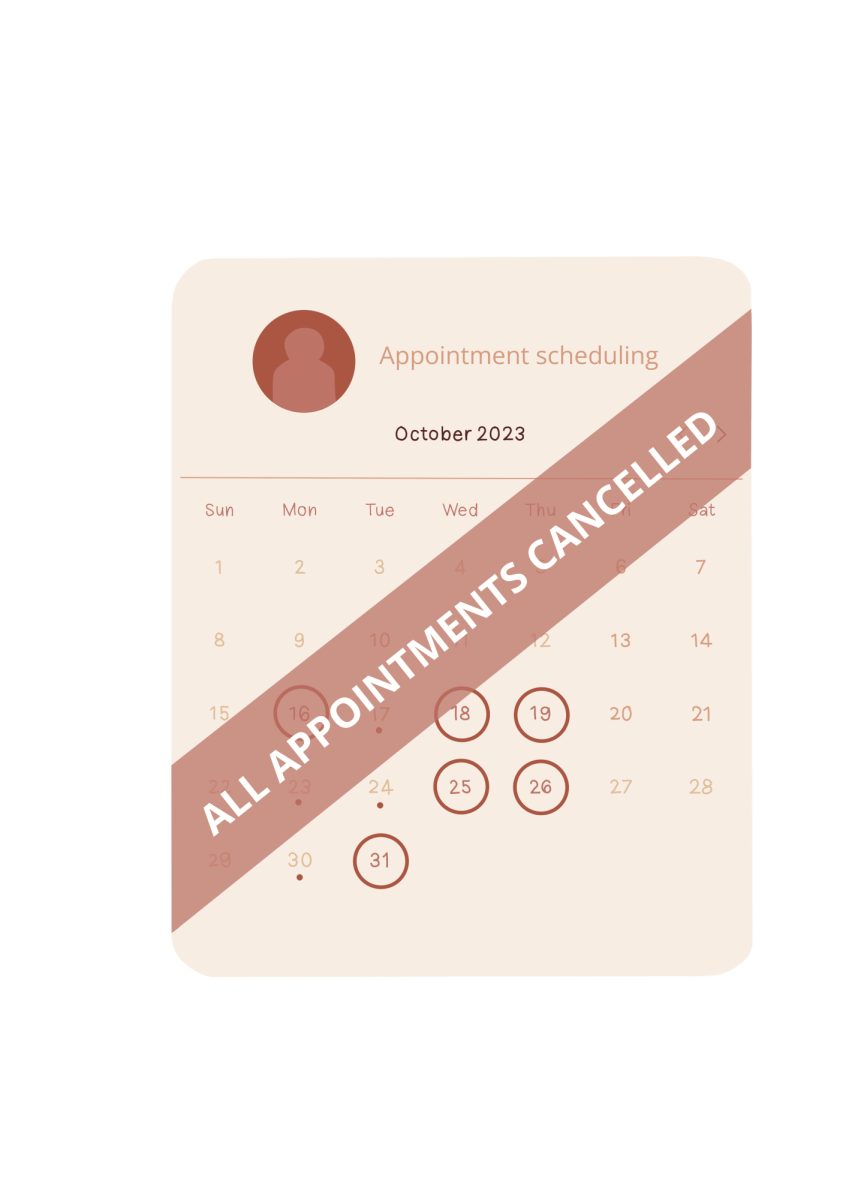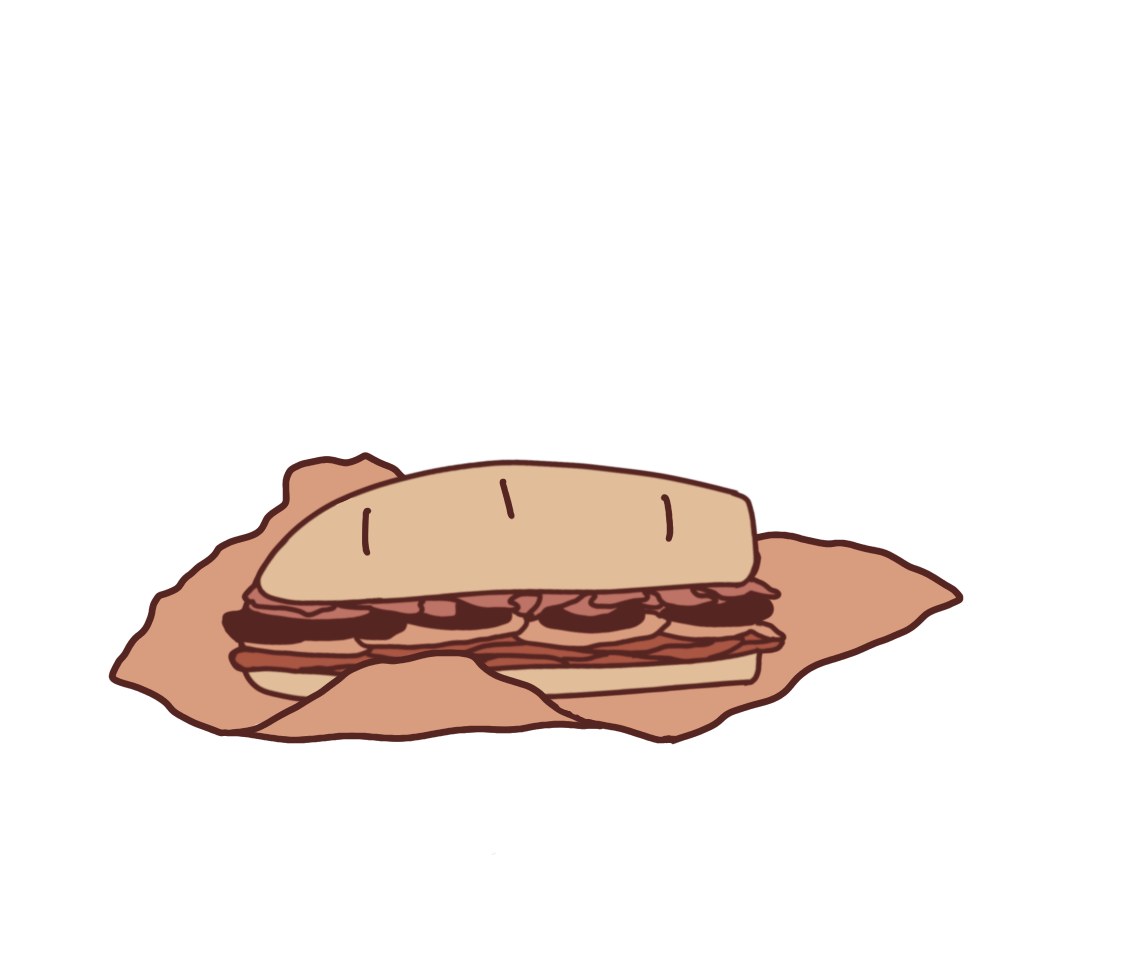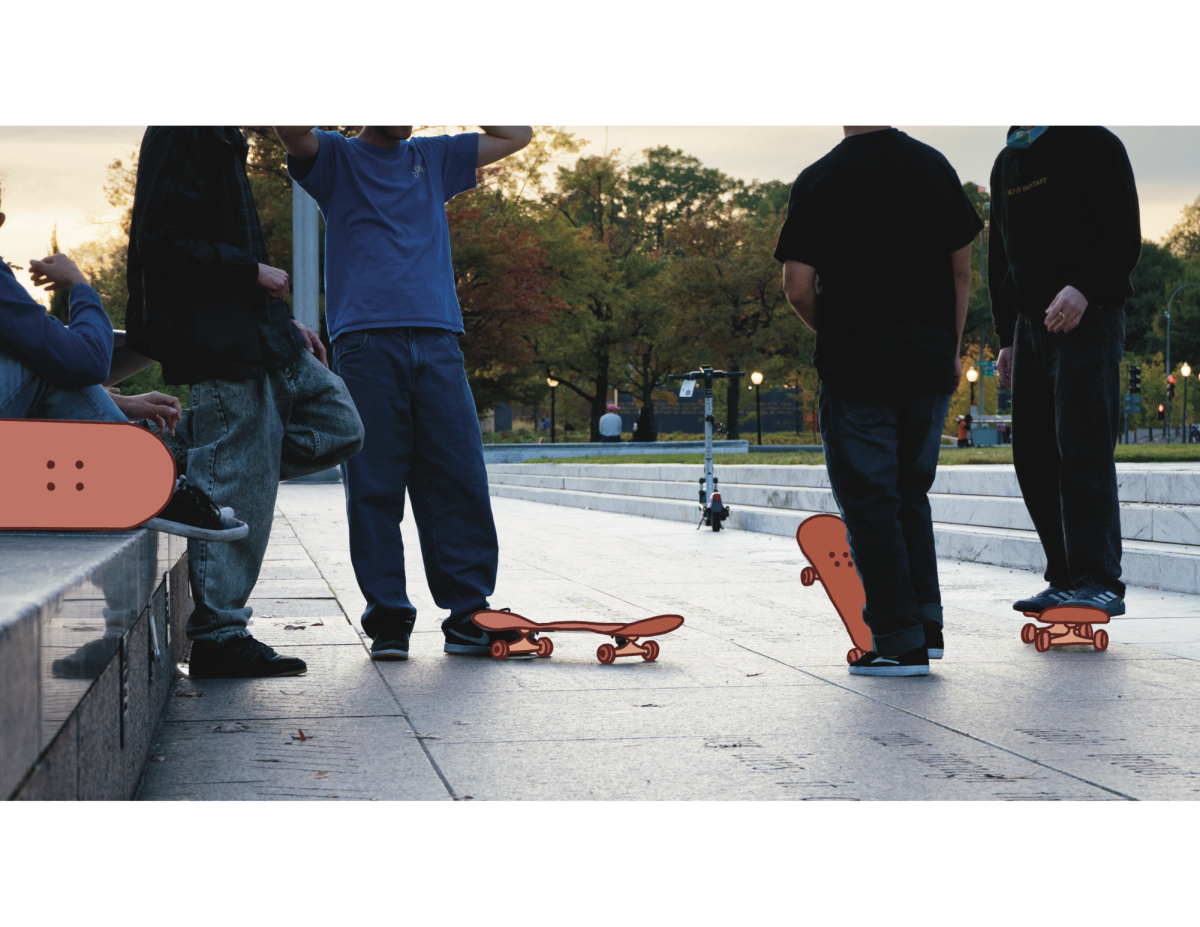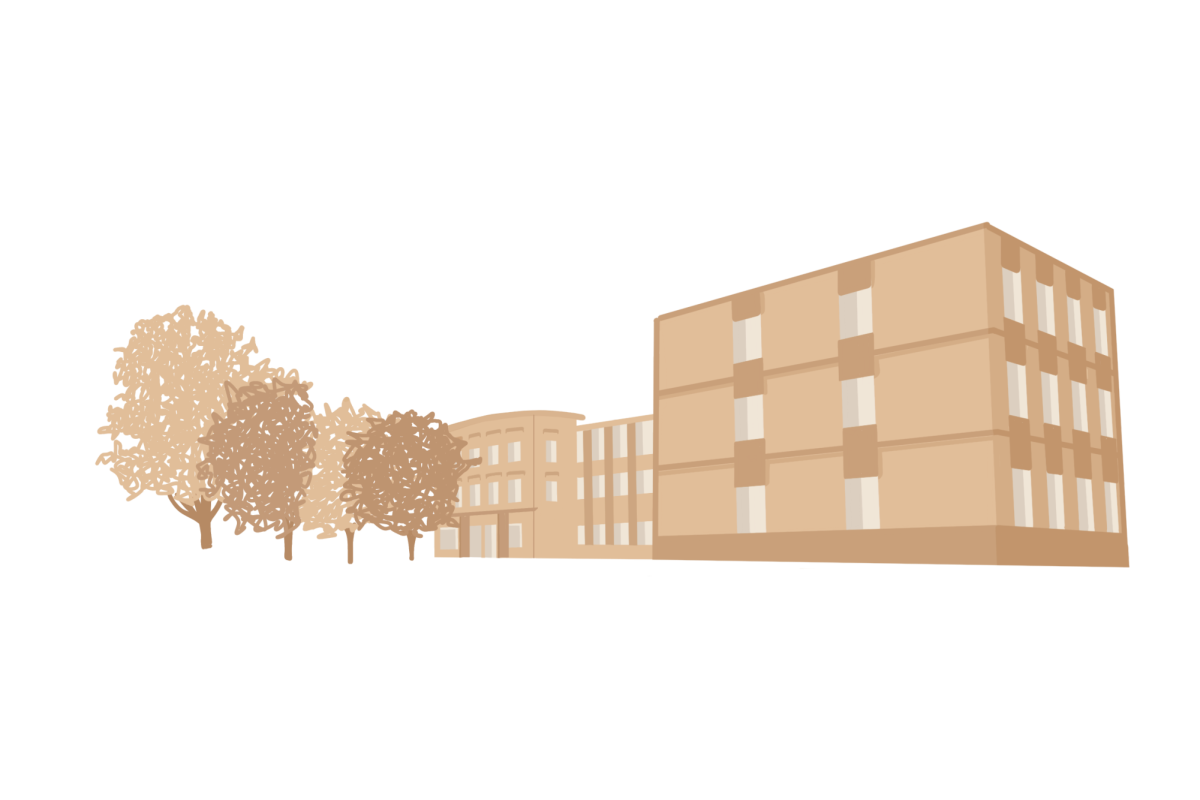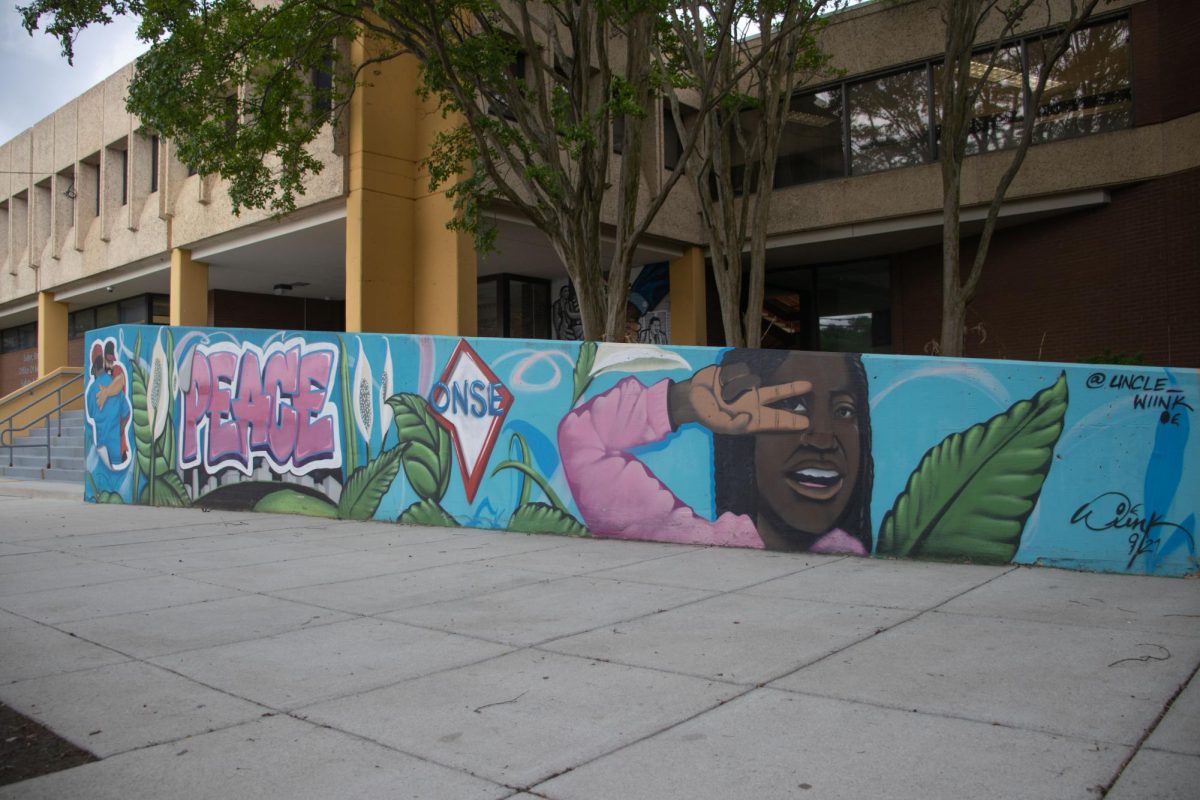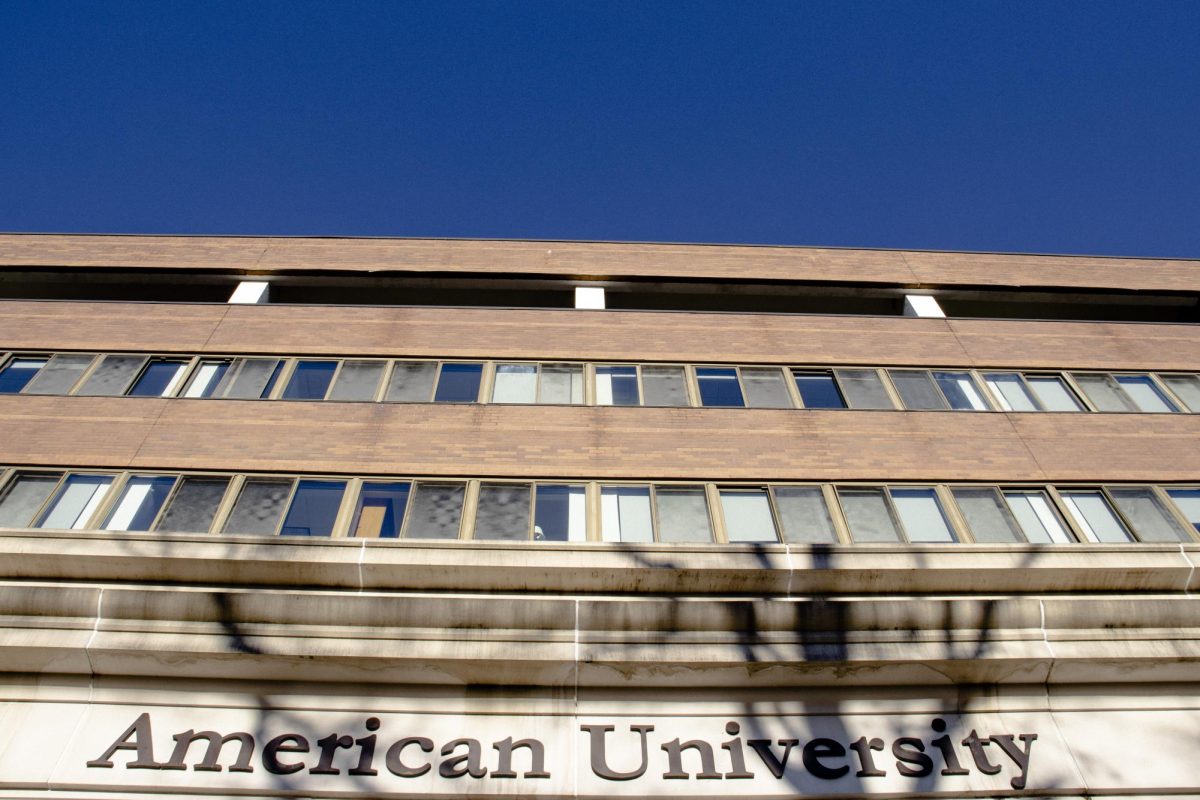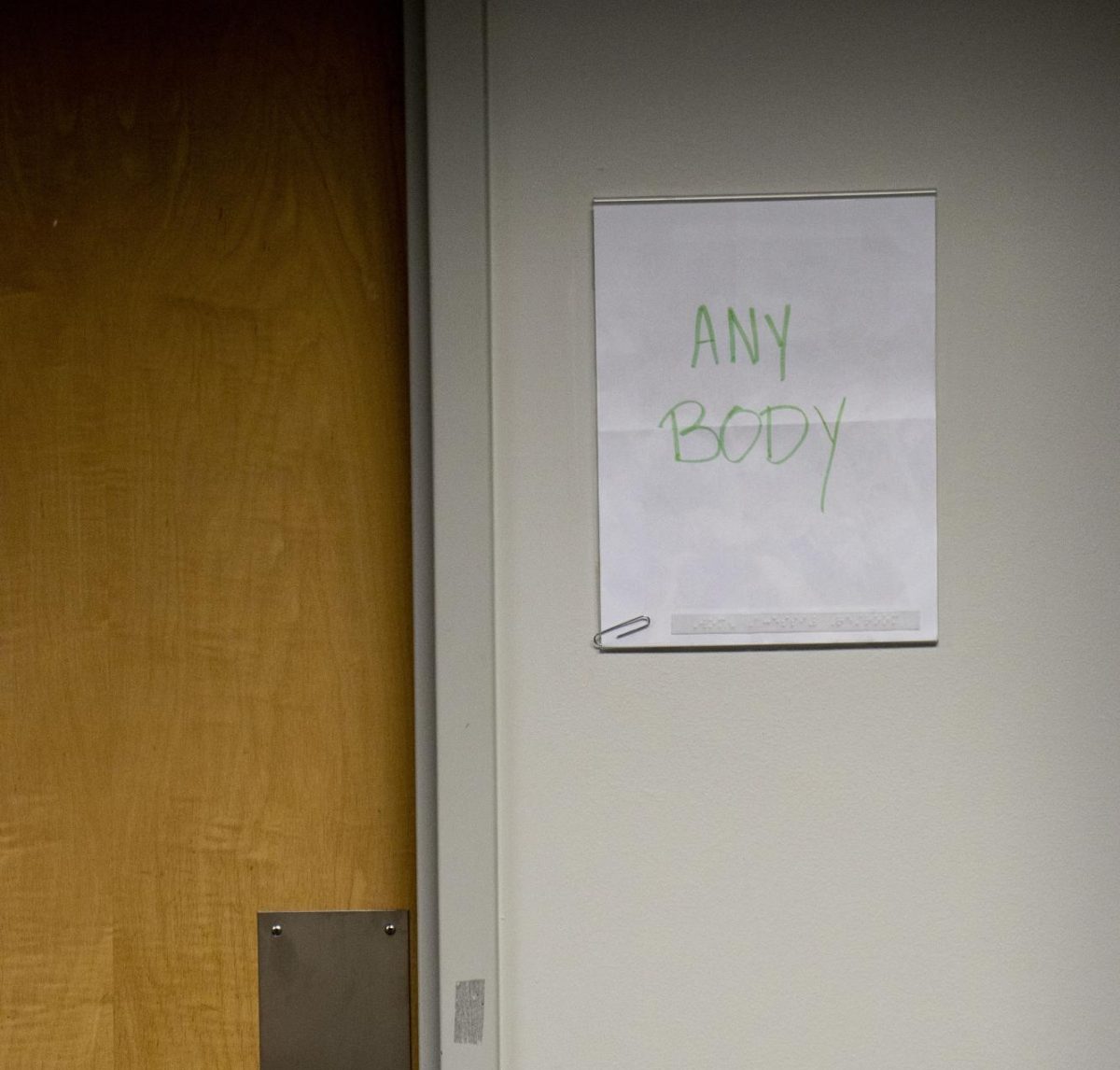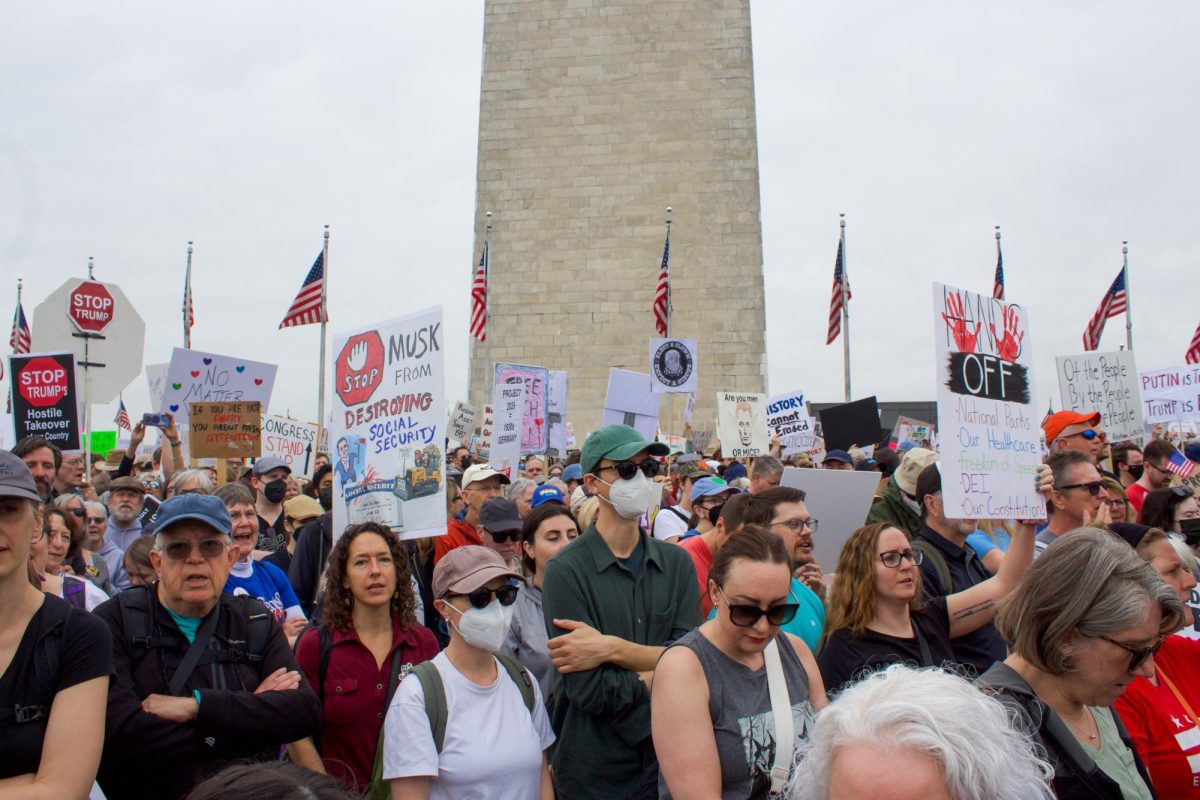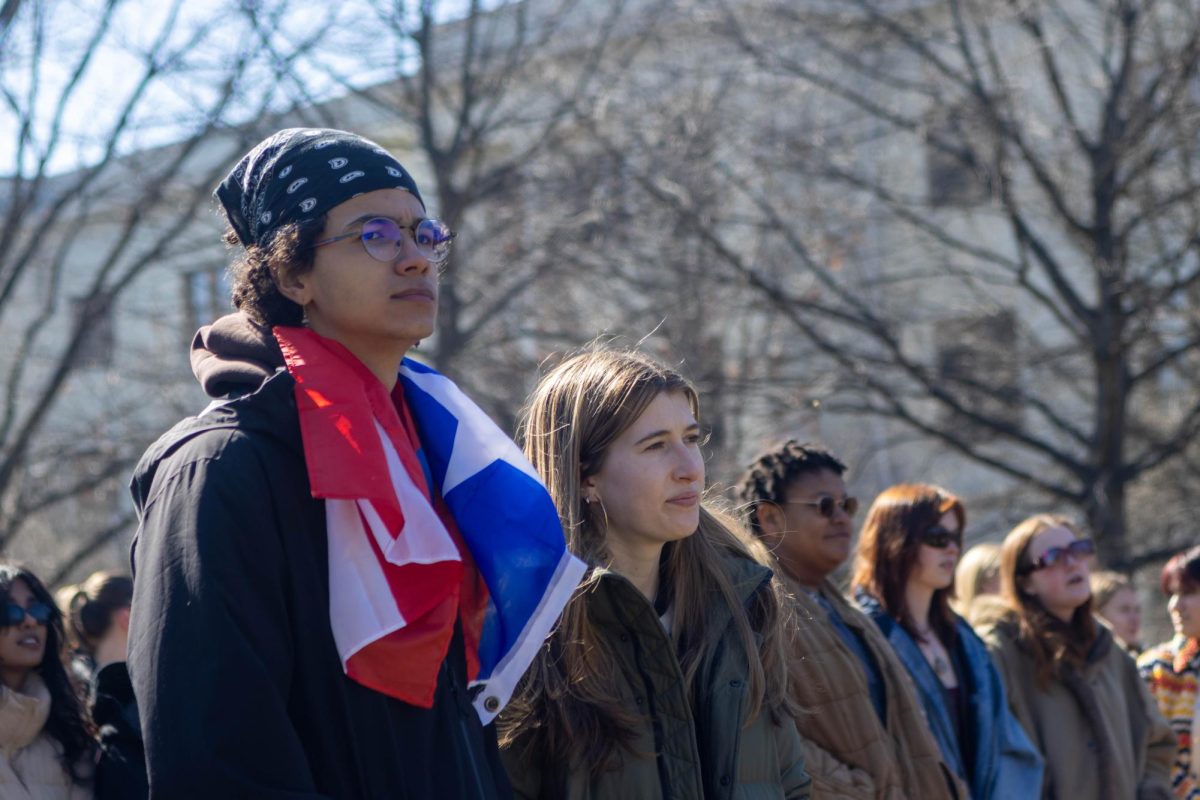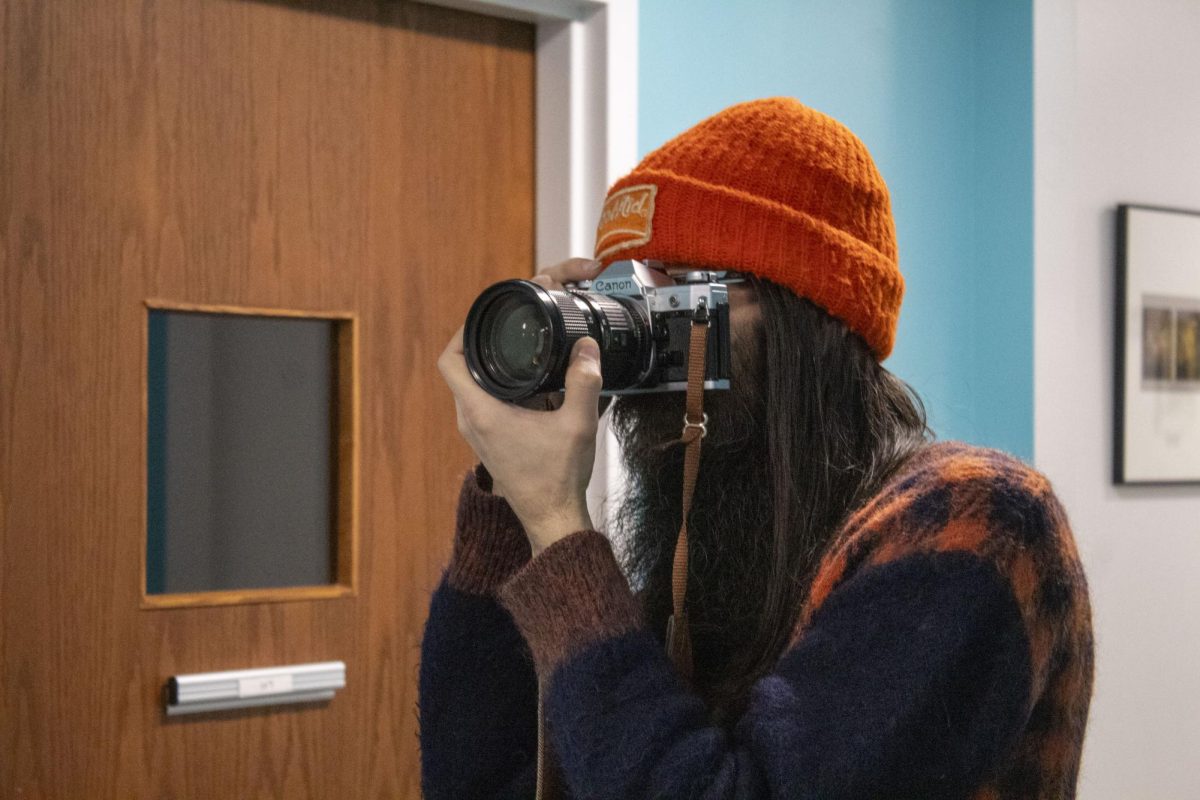When a group of Washington firefighters and emergency medical service workers put a band together, they thought it would be a one-time thing to entertain their coworkers.
The band, Heat Stroke, has reached a greater audience after the District of Columbia Fire and Emergency Medical Services Department’s X account posted a video of them performing on May 31.
Heat Stroke plays go-go music, an offshoot of funk that originated in the district in the mid-to late-1970s, according to The Beat is Go Go website. Examples of go-go music include “Pump me Up” by Trouble Funk and “Bustin’ Loose” by Chuck Brown and the Soul Searchers.
Bandleader Michael Timmons said he was surprised to see Heat Stroke go viral, with the X video gaining over 155,300 views.
“When we got together, it was the EMS wing,” Timmons said. “We thought, ‘Let’s put something together and go on over to the EMS wing and do something for the community.’ So, when it went viral, I think we were all surprised.”
Kevin Wilson, Heat Stroke’s percussionist, said his job correlates with playing music because it helps him bond with his community.
“[Go-go] pulls us together, it strengthens us, as a community, as a people,” Wilson said. “So [being] able to do this is like providing another service.”
Wilson said he believes the brotherhood that the band members have developed while working together as firefighters and EMS personnel contributes to their successful collaboration as musicians.
“We have instilled in us a structure, a template, that we follow from being in the fire department,” he said. “We’re able to understand and correspond with one another more. So it’s not too much heckling, it’s just an understanding.”
Go-go music is a reflection of the people, Natalie Hopkinson, an AU journalism professor, said. The culture surrounding go-go remains an important part of the lives of Heat Stroke members and their fans.
Go-go as a genre holds a lot of cultural significance, Hopkinson said.
The genre represents a tie to African culture because it pulls from African beats people’s ancestors maintained in the Americas, Hopkinson said. She analyzed go-go’s cultural and political significance in her doctoral dissertation, according to her website.
“The music reflects the people and the culture and some of the traditions that people say that Black people lost in the slave trade,” Hopkinson said. “We didn’t. We still have the beat.”
Mayor Muriel Bowser named go-go music the official music of the district on Feb. 19, 2020, according to a press release on the D.C. government website. The genre has had a long-standing history in the city, starting from Chuck Brown’s fathering of the genre, according to the press release.
Go-go combines elements of funk, blues, soul and salsa, according to the same February 2020 press release. It also utilizes call-and-response – an element of music that encourages listeners to respond and participate in the songs the musicians are playing – polyrhythms in percussion, Afro-Latin beats and hip-hop elements to create a beat that makes you want to dance, or “go-go,” Derek Gray, an archivist at the D.C. Public Library’s Go-Go archive, said.
“What I like about it is it speaks to its name,” Gray said. “It’s go-go, it just keeps you going, going and going and going and going.”
Gray said go-go is a very interactive genre that prioritizes listener engagement to create a unique live experience. Gray said he believes that elements like call-and-response and nonstop music engage the audience in a way that is unique to go-go.
“I’d have to say, there’s no way you could go to a go-go performance and just be up against the wall, not moving,” Gray said.
Wilson said go-go is important to him and the community where he grew up because it kept them off the streets by giving them something to pour their passion into.
“[Go-go] kept a lot of us out of trouble,” he said. “You don’t have to find [trouble]. It’ll find you. So being part of the global community, it kept us occupied and kept us busy.”
In 1988, the district’s local government enacted curfews that prevented teenagers from attending go-go performances after 11:30 p.m. on weekdays and 1 a.m. on weekends, according to a D.C. Council amendment.
“They specifically singled out go-go establishments because they felt that it was causing violence, which is absurd to think about,” Hopkinson said. “Music does not cause violence. People cause violence.”
Hopkinson said that the current go-go scene in Washington rejects the notion that Black people have lost their resilience and that, instead, the genre has the potential for empowerment in a country that for many decades rejected the genre and what it meant for people.
“[Go-go is] really just showing the strength of our culture and exploding the myth that Black people lost everything,” Hopkinson said. “Like, actually, we carried it with us, we came, our ancestors did anyway. They didn’t get separated from it, it’s still part of who we are. And so when you see it pop up in this particular manifestation, it’s really empowering. It just makes you feel really good and strong and religious; sort of proud of the resilience of culture and people, who a lot of people in power just don’t want to hear.”
Go-go music stayed alive even throughout its criminalization. Musicians played at underground clubs that flew under the government’s radar, and fans created organizations that supported the genre’s perseverance in Washington, Hopkinson said.
Though it never reached the same popularity it once had in the ‘80s, it remained important for Heat Stroke keyboardist Ronald Roundtree, whose father played in the go-go band Experience Unlimited, he said.
Roundtree and other band members said they credit much of their success and love for the genre to men like Roundtree’s father and his contemporaries – the people they deem the forefathers of go-go.
The band members said they see “joy,” “happiness,” “smiles” and “healing” in their audience members while they perform. Bassist Bruce Yarborough said that this positive energy brings them closer to the communities that they serve.
“We were going to neighborhoods that some people wouldn’t go into, and we were there,” Yarborough said. “We saw healing in the neighborhood, we saw people enjoying themselves. They opened up and were willing, more, to communicate with us about certain things that maybe they didn’t talk about prior.”
Wilson, the band’s percussionist, said that playing music provides relief for him and the rest of the band. Wilson said he appreciates it as a refuge from his stressful job.
“We witness so much on the job: death, from kids, babies, we see that,” Wilson said. “We’re running into the places that people are running out. So to have time to fortify and come back to your hobby, it sets a balance mentally because we all need that as humans.”
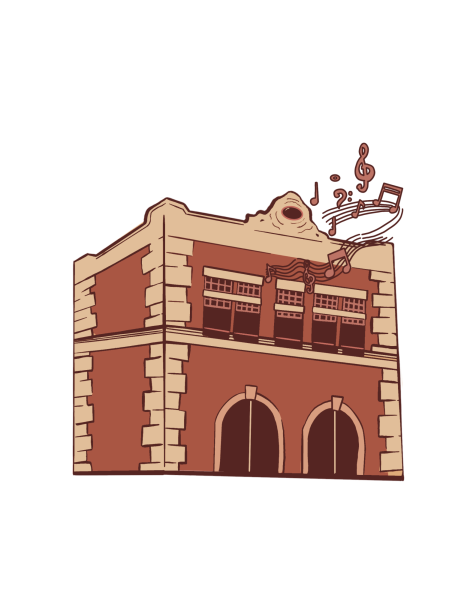
The therapeutic nature of go-go is felt throughout the world, Hopkinson said. She said her organization, Don’t Mute DC, proves this point.
In 2019, the Metro by T-Mobile cell phone store, formerly known as Metro PCS, in Shaw received noise complaints, Hopkinson said. The store in the Washington neighborhood is known for blasting go-go music when it’s open, Hopkinson said.
The complaints came from a neighbor living in the Shay, a luxury apartment in the area, Hopkinson said. Eventually, T-Mobile, Metro PCS’s parent company, told them to shut off the music.
Hopkinson co-founded the Don’t Mute DC movement with Ronald Moten, an author, scholar and activist. The pair adopted the hashtag #DontMuteDC started by Julien Bloomfield, a Metro by T-Mobile customer and student at Howard University. Hopkinson said she aimed to continue the Metro by T-Mobile’s goal of keeping the music alive.
They created a petition that garnered worldwide support, gaining over 80,000 signatures from 94 different countries, Hopkinson said. The petition resulted in T-Mobile directly allowing the store to continue playing the music.
“I never imagined that I’d be in the streets and organizing concerts, organizing protests, really using the music in such a direct way,” Hopkinson said.
Movements like Don’t Mute DC are in part responsible for bands like Heat Stroke’s popularity because they fought to keep the genre alive, Hopkinson said. Hopkinson said she loved the viral Heat Stroke video and hopes to see go-go remain in the public eye, especially in the district, where she fell in love with the music.
“What other city in America does that happen?” Hopkinson said. “To be able to sort of incorporate our official music and our culture, and to be able to speak to people, and to be able to express that part of our identity.”
The band members also see a future for go-go in the district—they said they plan to play at the Bethesda Blues & Jazz Festival on Dec. 10, and they have the prospect of creating a full-length album.
Roundtree said that seeing the band grow from something small with his co-workers to a well-known group after their viral video has been exciting to watch.
“To me, it was just another gig, but again, once it blew up, once it went viral, it was like, wait a minute, I mean, I’ve played in go-go bands for years and I’ve never had anything that went as viral as this,” Roundtree said.


